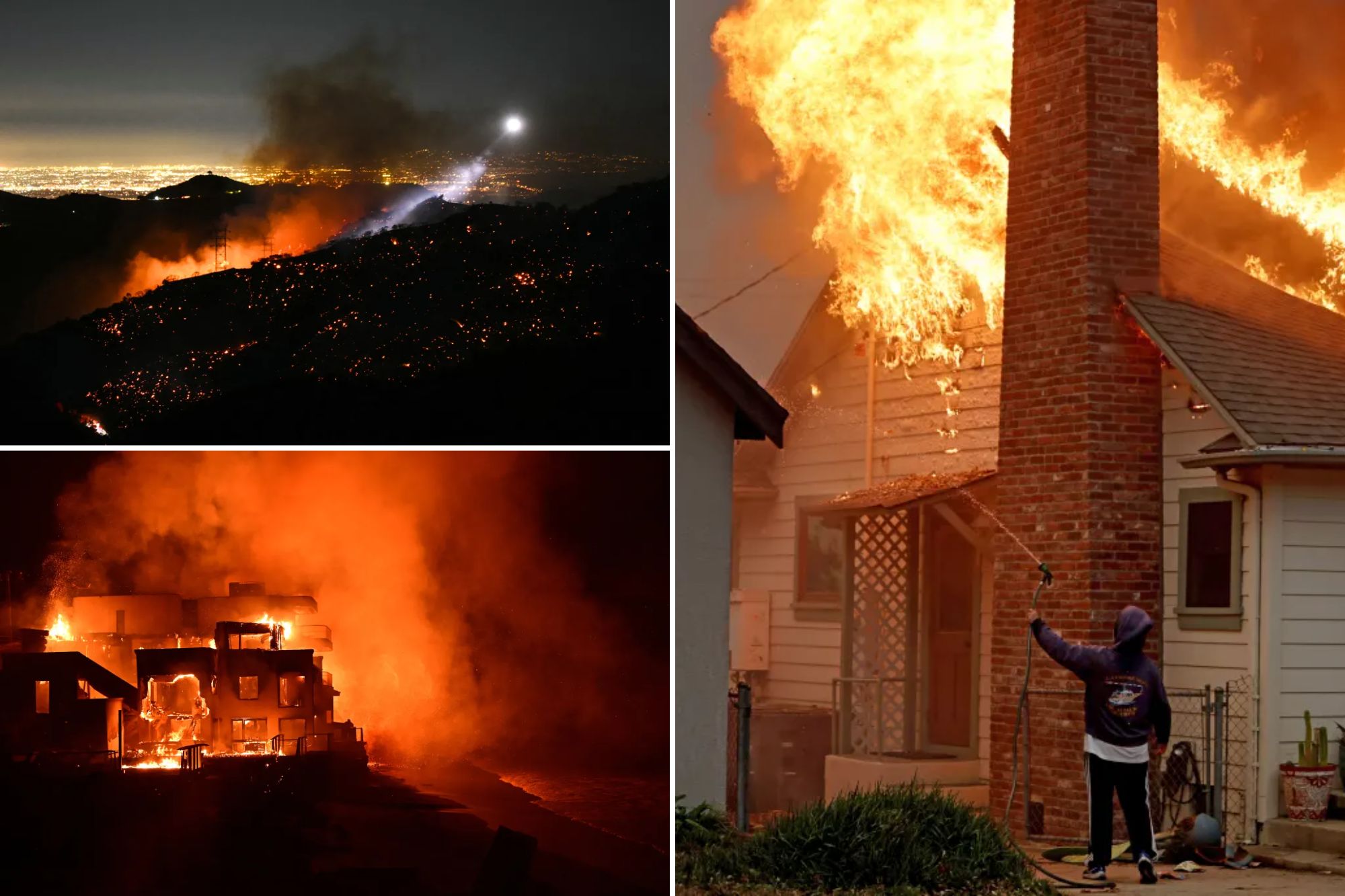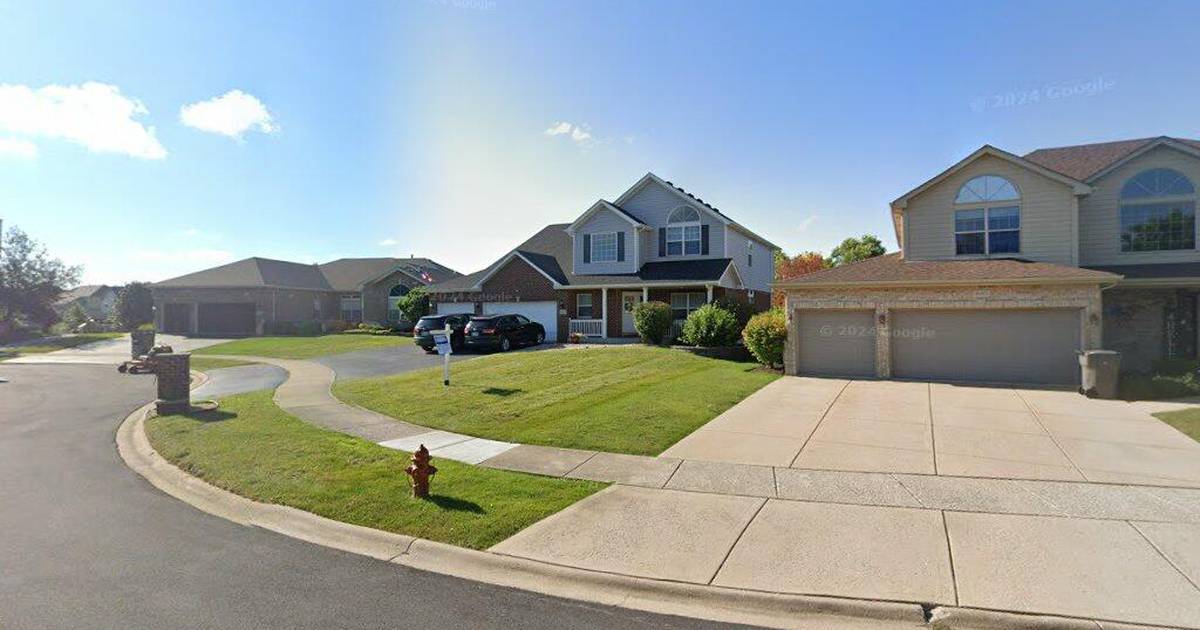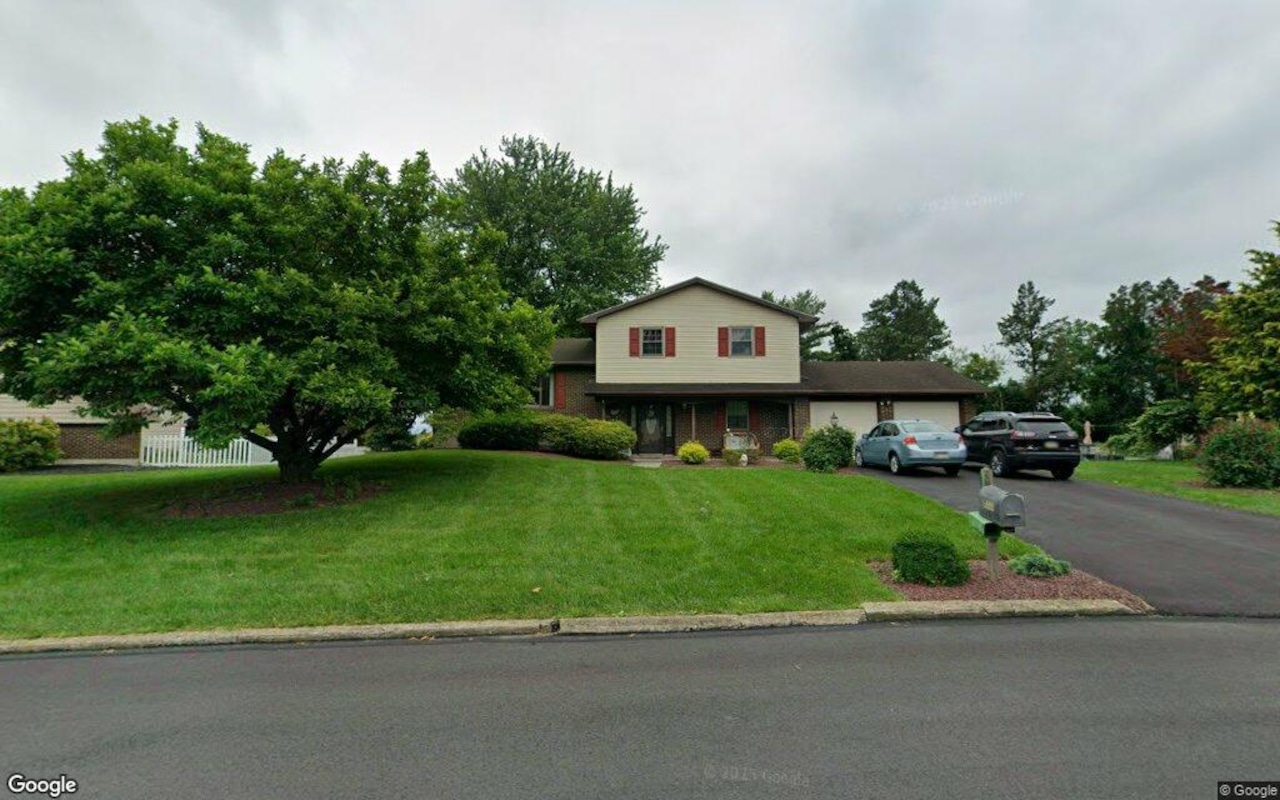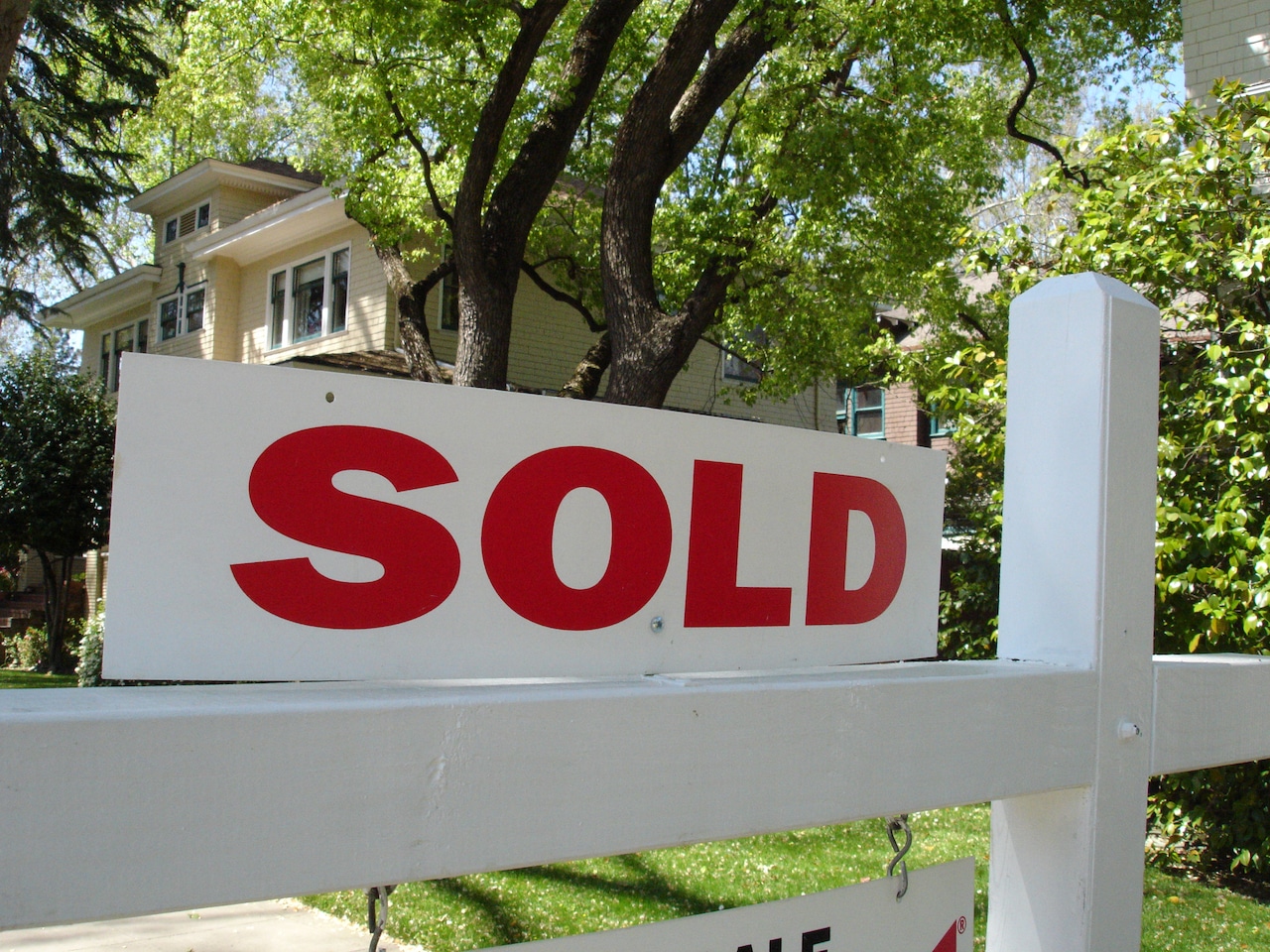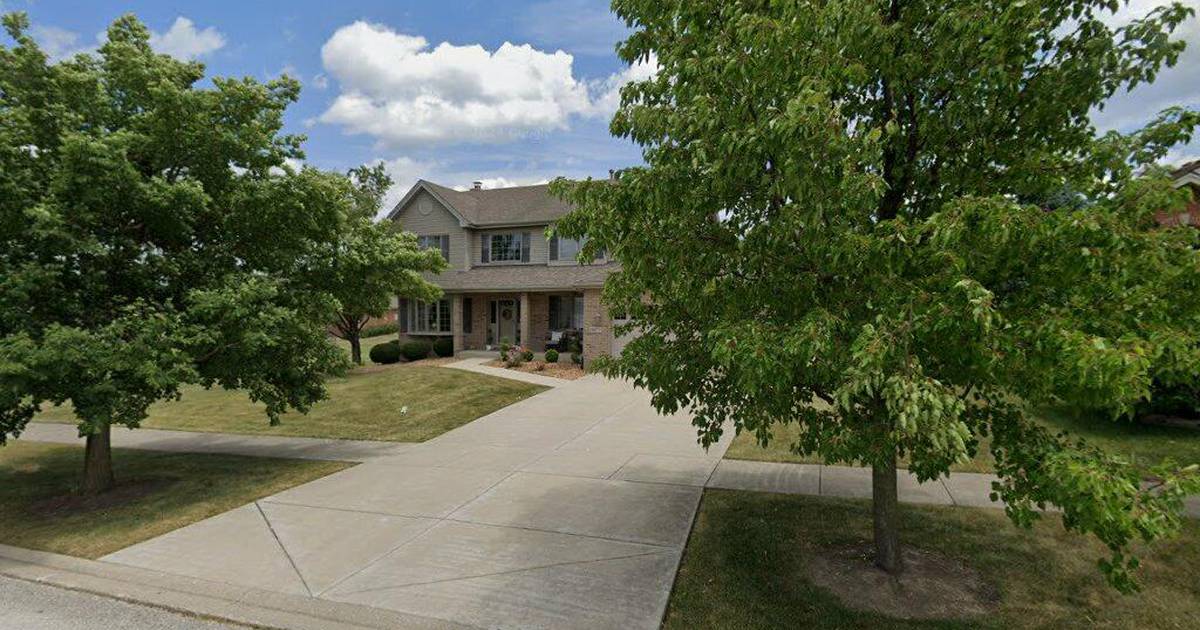R
ent increases can be a nightmare for tenants, especially during difficult times like after a natural disaster. In California, where thousands of residents lost their homes in January wildfires, the search for new housing has become increasingly challenging.
Low inventory and accusations of price gouging have made headlines. Rent prices across the US continue to rise due to various factors, but this feels like an overstep that can't be ignored. Let's dive into the big questions: What's behind these dreaded rent increases? How much can a landlord raise rent legally?
In California, local rent-control laws restrict how much a landlord can increase rent annually. The California Tenant Protection Act of 2019 prohibits landlords from raising rent more than "10% total or 5% plus the percentage change in the cost of living – whichever is lower – over a 12-month period." Landlords inflating rents after a disaster like the wildfires is not considered a legal rent increase.
State Attorney General Rob Bonta issued a warning to landlords trying to profit from the tragedy. "It's called price gouging. It is illegal. You cannot do it. It is a crime punishable by up to a year in jail and fines."
In New York, rent-stabilized units are protected, but non-rent-regulated leases allow landlords more flexibility to increase rent. If the landlord intends to raise rent by more than 5%, they must provide notice 60 days before the agreement expires.
Texas has no statewide law limiting rent increases, leaving it up to local and city-level regulations. However, during special circumstances like a declared state of disaster, local officials can request a rent control ordinance, which requires gubernatorial approval.
Landlords typically need to give tenants written notice before increasing rent, with 30 days' notice being the standard in most states. In California, this expands to 60 days if the increase is more than 10% of the rent.
Rent increases are common, but some renters might find it hard to believe how much their housing costs go up every year. "When it comes to how much a landlord can raise rent, anything flies," says Robert Pellegrini, president of PK Boston. "There are no rules, and it's totally at their discretion."
However, there are exceptions, such as raising rent to punish a tenant. If a judge determines the landlord was raising rent punitively, they could be found guilty and made to pay up to triple damages and court costs.
A landlord cannot raise rent retroactively in most cases. If a tenant is unaware of an increase, they can't be held responsible for back rent. A tenant can file suit against a landlord or counterclaim if an eviction has already been initiated.
If you suspect your rent was increased illegally, it's essential to keep track of correspondence and dates of communication. Communicate with your landlord first before taking any further action. Remember that your landlord could have made an honest mistake, and threatening them can put your housing situation at risk.
